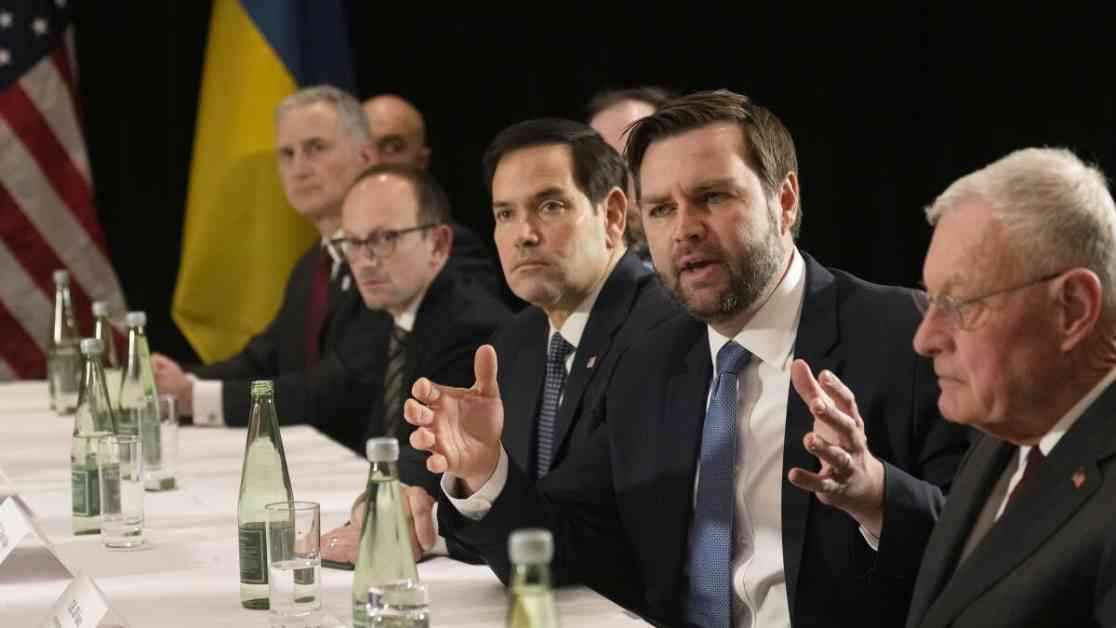Senator Adam Schiff has expressed deep concerns about the Trump administration’s foreign policy approach following a bipartisan congressional trip to Munich and Israel. Schiff, a California Democrat, criticized President Trump’s actions, accusing him of betraying Democratic allies, blaming Ukraine for its invasion by Russia, and aligning with far-right extremists in Germany. Schiff’s assessment was mirrored by other European allies who expressed fear and disbelief at Trump’s behavior, viewing him as an unreliable and hostile partner.
During the Munich Security Conference, Vice President JD Vance, Secretary of Defense Pete Hegseth, and Secretary of State Marco Rubio made startling statements that shocked the world. Hegseth suggested that the U.S. could no longer guarantee Europe’s safety, while Vance lectured European allies on democracy and met with far-right leaders in Germany. Rubio initiated negotiations with Russia without involving Ukraine, raising concerns about the administration’s drastic shift in foreign policy norms.
Experts, including Robert English from USC and Benjamin Radd from UCLA, noted that the administration’s actions could be a negotiating tactic to pressure allies and adversaries into making concessions. While some believe Trump’s bombastic positions are strategic, others warn that his unchecked actions could lead to irreversible consequences. The international community has been left reeling from Trump’s outlandish remarks, including proposals to turn Gaza into a U.S.-owned resort and annex Canada as a new state.
Schiff emphasized the need for unity among European allies to counter Trump’s disruptive foreign policy decisions. He also called on Republicans in the Senate to stand up to Trump and protect the country’s democratic values and global standing. Concerns about Russia’s territorial ambitions in Ukraine, the closure of the U.S. Agency for International Development, and the need for a two-state solution in the Middle East were raised during discussions in Munich and Israel.
Schiff stressed the importance of citizens taking an active role in preserving democracy and holding the administration accountable for its actions. He urged individuals to speak out, demonstrate, and resist any slide towards authoritarianism. Despite the challenges posed by the current administration, Schiff remains optimistic that the U.S. can uphold its role as a global leader through responsible and principled foreign policy decisions.
As the world watches the unfolding events on the international stage, the role of Congress, experts, and ordinary citizens in shaping U.S. foreign policy will be crucial in the coming years. The path ahead remains uncertain, but the collective efforts of those committed to upholding democratic values and promoting global stability will be essential in navigating the challenges that lie ahead.
The future of U.S. foreign relations hinges on the ability of individuals and institutions to resist authoritarian tendencies and uphold the principles of democracy and international cooperation. By remaining vigilant, engaged, and proactive, the nation can overcome the current challenges and chart a course towards a more stable and prosperous future.


